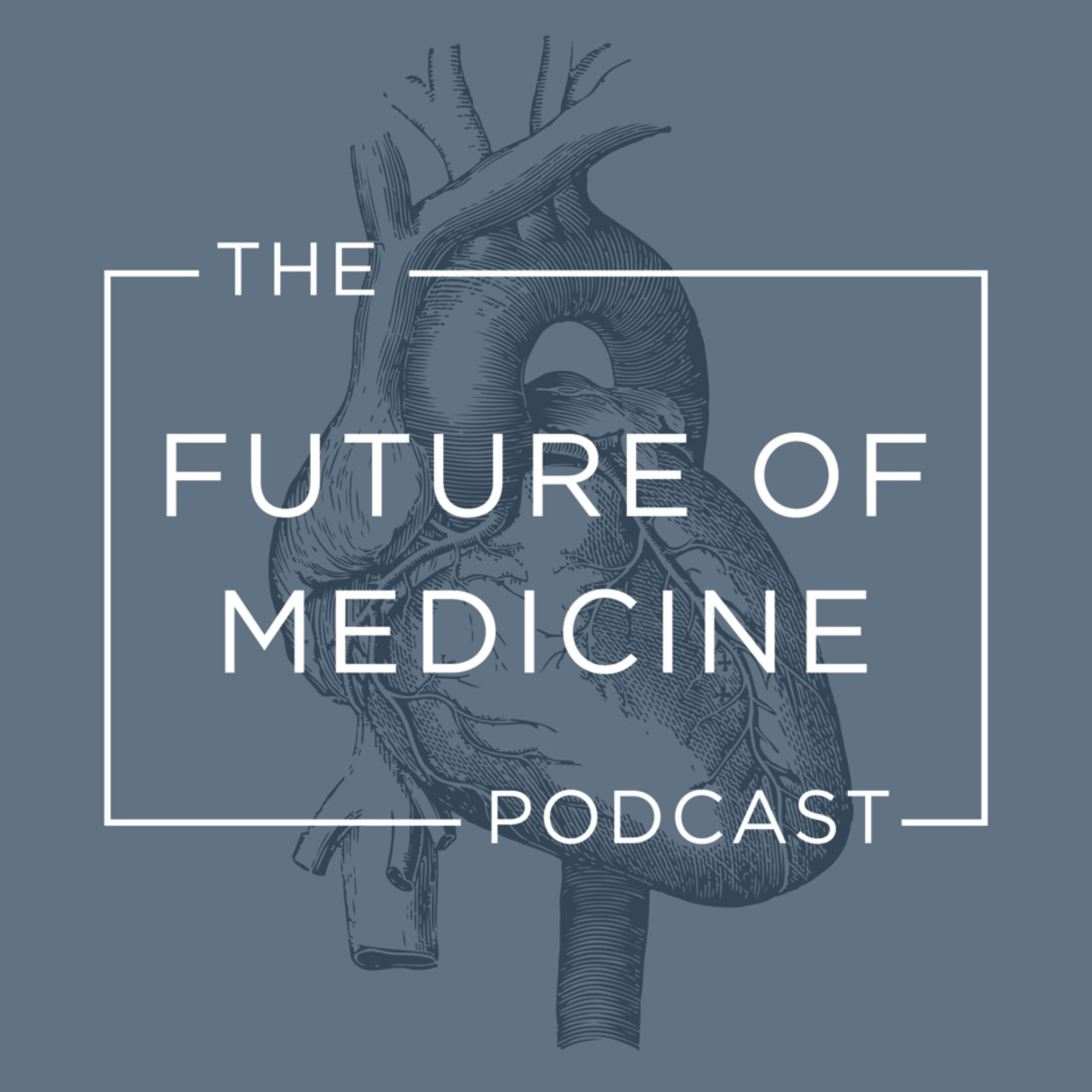Show Notes
TESTOSTERONE REPLACEMENT IN WOMEN PREVENTS OSTEOPOROSIS, ALZHEIMER’S DEMENTIA AND HEART DISEASE.
It also improves sex life and turns back the clock of aging without needles filled with Botox or fillers
It’s one of the most important hormones for preventing disease and making you leaner, stronger and more vibrant.
I’m also going to give you three very important conversations to have with your doctor about testosterone replacement.
WHAT IS TESTOSTERONE?
Although testosterone is commonly thought of and referred to as a male hormone, it’s actually mistakenly labeled as such.
Women make testosterone in their adrenal glands and ovaries at about 10% of a man’s testosterone levels.
The most common fear preventing women from pursuing testosterone therapy is that they are afraid they develop masculine traits.
The truth is, this only happens in females using synthetic (not bioidentical or natural) testosterone at irresponsibly high doses.
TESTOSTERONE IN WOMEN HAS SOME AMAZING BENEFITS.
-
Improves your sex drive.
Having a healthy sex life is like eating or breathing.
It should be talked about and improved if it’s not optimal. Testosterone improves a woman’s sexual desire and ability to perform.
-
Improves bone health.
Vitamin D, calcium, and estrogen all have a massive role in bone health, bone preservation, and the prevention of osteoporosis, especially when combined with testosterone.
Testosterone is 3x as powerful at laying down new bone than estrogen!
-
Increases lean mass.
The better you are at metabolizing sugar, then leaner you are.
Testosterone improves insulin sensitivity and decreases visceral fat. This helps to prevent diabetes and metabolic syndrome.
Optimizing your testosterone rewards the hard work you put into your diet and exercise with the lean mass and strength you deserve.
-
Improves your skin.
Testosterone increases your skin’s collagen and elasticity. It improves your skin’s fullness and structure resulting in a youthful vibrant glow.
-
Increases energy, strength, and endurance.
I don’t know one human being on the planet who doesn’t desire more strength, more stamina, more endurance, and the ability to endure a long day and still feel like you have something in the tank.
Testosterone is absolutely involved in that process.
-
Lowers your cardiovascular risk
Testosterone, when combined with estradiol or estrogen replacement, will lower your cardiovascular risk by lowering LDL (bad cholesterol), increasing HDL (good cholesterol).
HERE ARE THE CONVERSATIONS THAT YOU NEED TO BE HAVING WITH YOUR DOCTOR:
1) What are my levels, and are they optimal?
Much like testosterone for men, there is an optimal total and free testosterone level for women where the benefits have their maximum effect.
An optimal testosterone level should mirror when you were around 25 years old and you felt the best.
- The optimal total testosterone range for a woman range is between 200-300.
- The optimal free testosterone level 8 and 10 for Quest Diagnostics lab, and 4-6 for Labcorp.
2) What about testosterone replacement and pregnancy?
Testosterone replacement during pregnancy can be detrimental to an unborn baby.
You should not take it if you are pregnant, breastfeeding, or planning a pregnancy.
If you become pregnant while on testosterone therapy, you must immediately stop using it, and not resume it until you are done with the pregnancy or breastfeeding.
Make sure to have a conversation with your doctor about family planning before you start testosterone.
3) What if I have a personal or family history of cancer? Can I use testosterone?
If you have active cancer, especially of the breast or uterus, do not use testosterone.
If you have a personal or family history of hormone sensitive breast or uterine cancer, discuss the risks of testosterone with your doctor and your cancer expert.
If the risks of using testosterone outweigh the benefits, you will want to pursue other means to produce improved health.
HERE ARE THE BIG TAKE-HOME POINTS FOR TESTOSTERONE REPLACEMENT IN WOMEN:
- Women age 35 and older can benefit from testosterone replacement.
- Testosterone can help you reduce the risk for certain diseases, feel better, and live longer.
- Normal is not the same as optimal when it comes to total and free testosterone levels.
I hope this information helps you understand how testosterone can help you live a long and vibrant life.
In the next blog, we will discuss Progesterone replacement in women.
As always, please leave me your comments, questions, and let me know if there are other topics you would like me to discuss in future posts.
If you prefer video content, please be sure to subscribe to our YouTube channel. You can also listen to our podcast The Concierge Medicine Show on iTunes.
Take care —
Aaron Wenzel, MD




